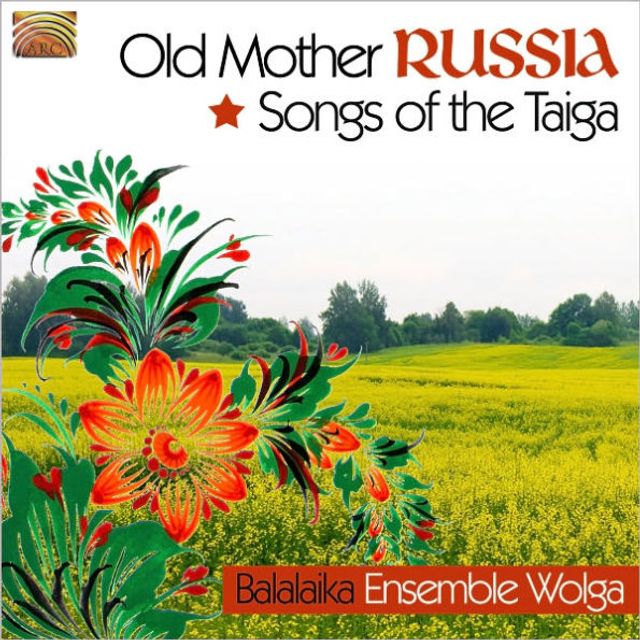Home
Song of Russia
Loading Inventory...
Barnes and Noble
Song of Russia
Current price: $19.99


Barnes and Noble
Song of Russia
Current price: $19.99
Loading Inventory...
Size: OS
*Product Information may vary - to confirm product availability, pricing, and additional information please contact Barnes and Noble
One can only imagine the reaction of arch-conservative MGM head Louis B. Mayer when Song of Russia first tumbled over the spools in the studio projection room. It must be remembered, however, that back in 1944 it was politically expedient for Hollywood to offer hosannas to America's Russian allies, and to gloss over the less-attractive aspects of the Stalin regime. Based on Scorched Earth, a story by Leo Mittler, the film stars Robert Taylor as John Meredith, a famous American symphony conductor who is touring Russia just before the war. Meredith falls in love with Russian lass Nadya Stepanova (Susan Peters), who impresses him with her conviviality and charm: why, she's almost like a typical American girl! In the course of their romance, Meredith and Nadya visit a collective farm, where the peasants sing, dance and smile all day. The lovers marry, only to have their honeymoon abruptly halted when the Nazis invade the Soviet Union. Nadya promptly joins the Resistance, solemnly assembling molotov cocktails and shooting down Germans with her comrades. Just before the Nazis swarm into Nadya's village, the peasants set fire to the place so that Hitlers minions will not be able to plunder its resources. All of this is played out against the music of Tschiakovsky and other Russian composers. During the HUAC investigations in the early 1950s, several of the personnel involved in Song of Russia were required to explain why they'd been involved in so blatantly "pro-communist" a project. Louis B. Mayer blithely explained that he "just wanted to make a picture about Russians, not communists," while star Robert Taylor -- likewise a staunch anti-Red -- insisted that he'd been forced to make the film, and that he'd demanded script deletions throughout productions. In the end, the losers were screenwriters Richard Collins and Paul Jarrico, both of whom ended up on the egregious Hollywood Blacklist, simply for adhering to America's wartime pro-Soviet sentiments.


















